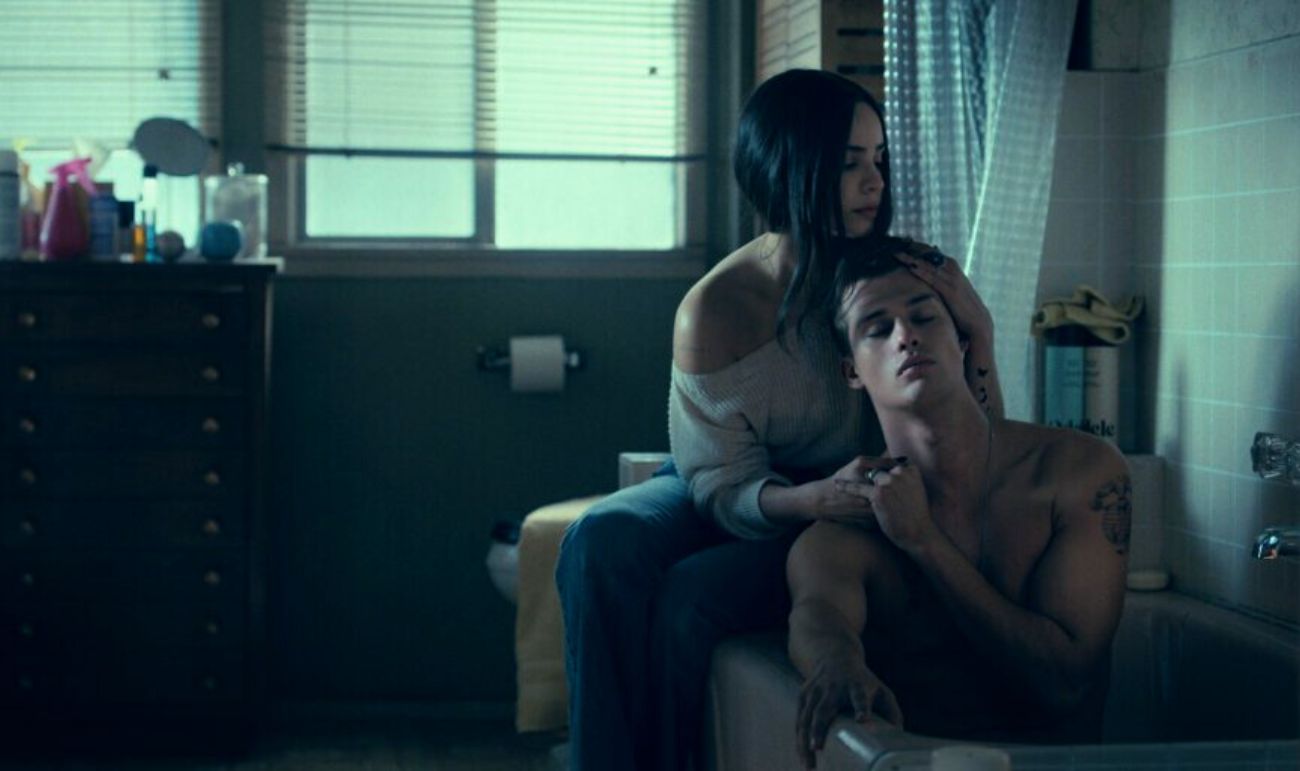
Come back home
Recently, I watched the Netflix film “Purple Hearts,” recommended by a friend. I went in completely “blind” — with no idea what it was about, no expectations, and no knowledge of the cast. It turned out to be the story of a waitress with diabetes who’s chasing her dream of becoming a singer but faces serious financial struggles because of her illness, and a soldier carrying a heavy load from his past. I assumed it would be a predictable tearjerker, but it proved to be an unconventional, mature melodrama. I appreciated the screenplay for letting both main characters make decisions as independent individuals — yes, motivated by love and care for one another, but still conscious choices for which they later bore the consequences. For such young people, they showed striking maturity; I didn’t find any corny dialogue or overblown scenes. Everything felt believable, and the whole thing was elevated by an excellent soundtrack — especially the lyrics — and a well-crafted story. Neither of the two leads slips into the role of a victim or the “weaker party”; both fight for what matters to them and end up gaining more than they expected. There’s no prince on a white horse rescuing a frail princess, and no warrior queen sacrificing herself for her family. It’s a beautiful story about what true marriage and love are, about overcoming your own fears and beliefs, and about making decisions that change your life. I’ll try not to spoil anything — you can safely read on, and I highly recommend watching it.
Long before this film, I had been reflecting on the institution of marriage — on whether sincere, true love is possible, and whether it’s really given to us to live our whole lives in harmony with one person. Today it’s easy to get married and — in a similarly simple way — to end a marriage. Well, perhaps a bit harder if there’s a shared mortgage. But we live in times when both sexes can function independently, consciously making the best decisions for themselves. I believe that real marriage has the bittersweet flavor of burnt shared dinners, great breakfasts, hot baths, good and not-so-good sex, differences of opinion, arguments — and love, all at once.
Note sure should we fly or fight this
We’re terrified
Pretending that we don’t care
The beginning of a relationship is easy; it gets harder when the first obstacles appear, when the other person’s behavior surprises us, and our idealized picture of them collapses. That’s when we ask: is this the moment to run, or to fight for the relationship? Though we don’t like to admit it, entering an intimate, deep relationship can be frightening — you have to drop your guard and stop pretending you don’t care. For me, the hardest part was showing that I do care — because if I care, I can be hurt and abandoned. The result is a broken heart, carrying the pain until the next love comes along (even if, in the moment, it feels like we’ll suffer until the end of our lives — or the end of the world).
Letting down the walls we maintain so carefully allows us to face our greatest fear. I had been abandoned and rejected so many times that I built a solid wall that — I believed — would protect me from being hurt again. What terrified me most was rejection. I treated it as failure: once again I’d been deceived, once again I’d let myself be fooled. I blamed only myself — for trusting the wrong person. That’s what I had to face, taking my wall apart brick by brick. The protagonists, too, carry their own fears, and their relationship becomes real in the moments when they open up — when they are most vulnerable, and therefore most authentic. We don’t know how such a story ends. We may gain the love we deserve, and we may also get hurt. Even so, the risk is worth taking — because what’s at stake is a full life, one that truly makes us happy.
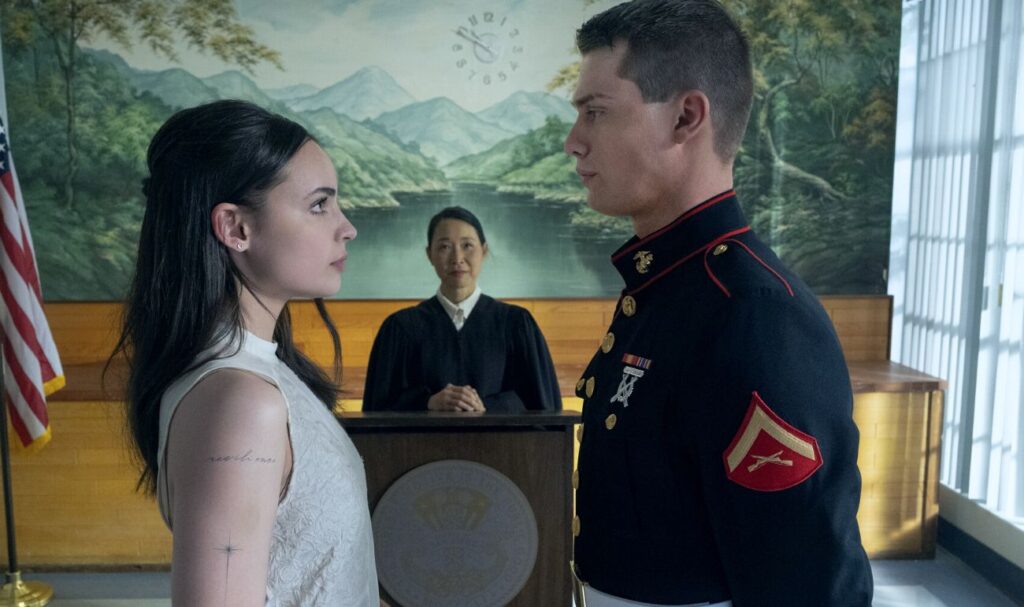
I’m terrified
Letting my fears show
Till I can face’em
Letting my tears go
Till I can taste’em
Hell, what do I know
Where you and I’ll go
The marriage vow assumes a union of two people until death do them part. So why do we so often choose convenience today and file for divorce when something doesn’t suit us? The strength of marriage lies in the finality of the vow — we have to find a way to work things out. We can live apart, we can go half a year without talking, we can even toss each other’s things off the balcony, but ultimately the person you may hate in a given moment is still your partner, your anchor, your home — for better, for worse, in sickness and in health.
I don’t believe you can build a real relationship by tiptoeing around and frantically avoiding some line that supposedly leads straight to divorce. Truth can be messy and painful, but it also liberates and binds. That’s how I understand true love: we are together despite everything, because as long as we have each other, the rest can be figured out. That’s why the song the main character sings in the film felt so moving and affirming to me.
But dammit I hope
You come back home
Opening up in order to build closeness is exactly like stepping out of your comfort zone. We don’t usually enter relationships because being alone is uncomfortable — most of the time we’re fine and manage well on our own. Then someone appears who nudges us beyond the safe, familiar zone — and we change, whether we want to or not. Synergy with another person, new relationships, and new situations trigger inner transformations, often the kind we never anticipated. We think we know ourselves, but we truly get to know both others and ourselves only in unexpected circumstances.
I was fine before
You walked right through that door
And now I’m something more
Than I ever imagined
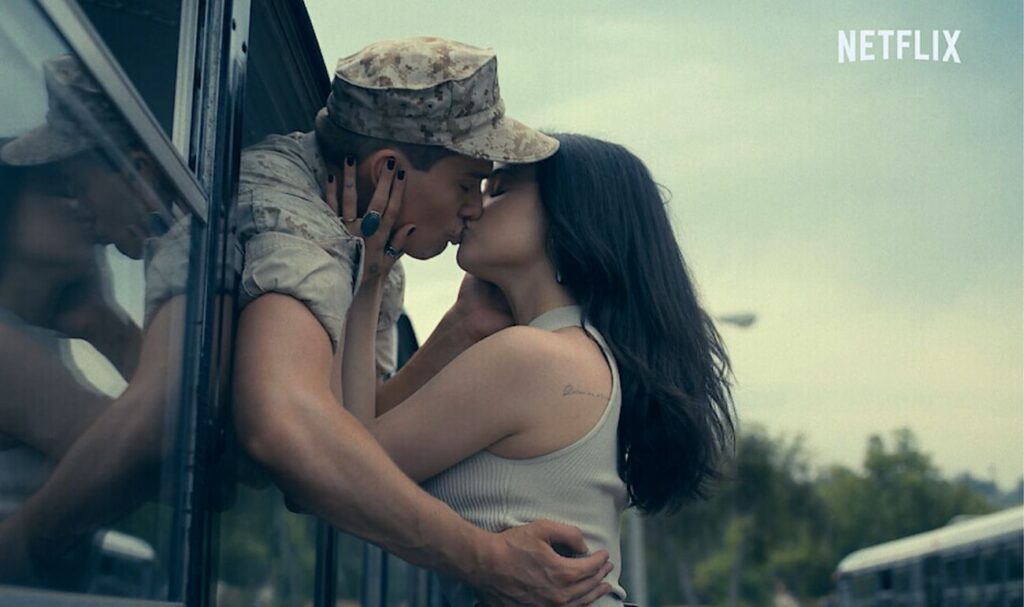
True love applies to various human relationships — we can feel it for friends, children, siblings, or partners. It rests on the same principles: truth and shared experiences, whether easy or hard.
Notice how relationships actually form: first we meet, then we spend time together, we go through adventures, we see each other in unpredictable situations. We begin to notice not only what someone wants to show us, but also the real picture of that person — not always “pretty.”
I believe that “beauty” can be overrated and boring. Each of us has two faces. Alongside our light, we also carry a shadow — a “monster” that reveals itself only when you look closely; and sometimes the reverse happens: from behind the mask of the “monster,” beauty peeks through — if we look with enough attention. That’s why the duality of our human nature is so compelling — nothing is exactly what it seems.
I knew exactly who you were
But you were something more
Than I ever imagined
In your arms I’m safe and sound
You turned my world right upside down
But all the hell we’ve been through
Had a purpose
If you think you’re bored with your life, ask yourself whether you’re looking closely enough at the world around you. I assure you: no one has a boring life — sometimes we simply fail to see the adventure we’re already part of. Being a blind, passive marionette is the real tragedy: that’s when we believe in our own powerlessness and hand over our agency. We remain in a relationship because it “happened to us,” not because we chose it.
In that state, we don’t grow. We change only when we open ourselves to the new and the unknown, when we take risks. Change is rarely calm — it usually begins with chaos. It’s a difficult stage, but if we get through it, we can build harmony.
We won’t learn what true love is until we feel it — and risk our own comfort for it, until we cross our own boundaries. The most beautiful part is that in this love we are strong together, and we know we can handle any challenge as a team. We don’t have to understand each other completely — it’s enough that we see one another as we are and accept the whole package: our strengths, our flaws, and everything that’s still undefined in a given moment.
Together we are chaos and it’s perfect
I didn’t I didn’t know
What love could, what love could be
Until you, until you
Loved my everything
The good, the bad
The in-between
I didn’t know
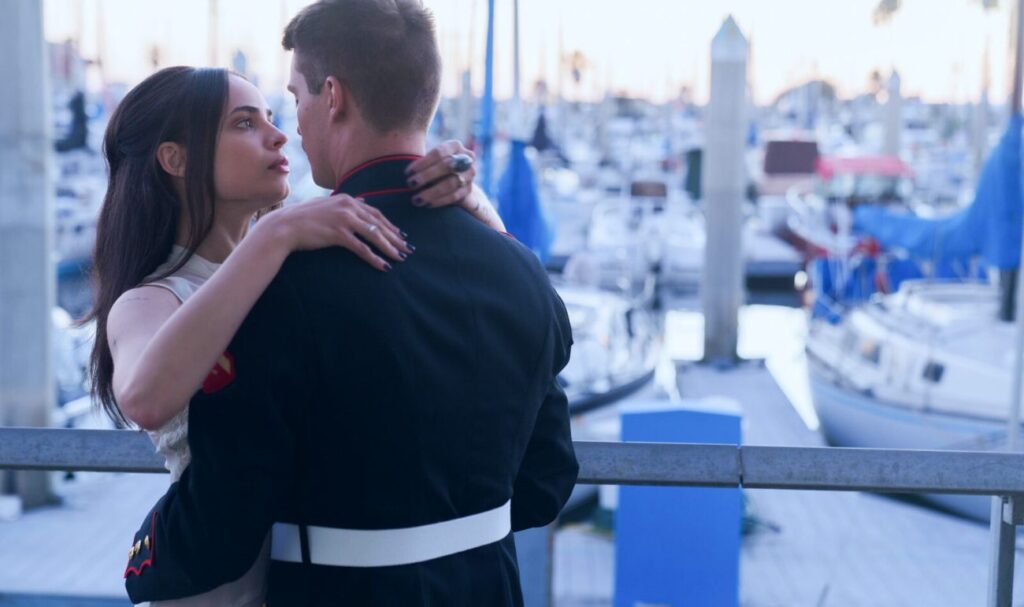
I had no intention of watching “Purple Hearts,” because my friend usually recommends stories about innocent, romantic love and about “problems” that — in my view — aren’t really problems. Probably because she deeply believes in pure love; she’s almost childishly naive and simply good — as if the world hadn’t had a chance to spoil her, or as if she lived in a completely different reality than I do. That’s probably why we’re friends — she is my anchor, and I am her wings.
Wings don’t recognize limits; they reach high because they believe anything is possible. The anchor stabilizes and reminds us that not everything is worth reaching for; that the sun we’re flying toward might eventually burn us to ash instead of warming us in its glow. Wings see the goal and fly toward it; the anchor sees people and attaches to them.
One without the other doesn’t work well. If there’s only the anchor, there’s stagnation instead of stability, unused potential instead of growth, self-sacrifice instead of assertive help — and a kind of blindness born of naivety toward the people around us. If there are only the wings, isolation appears instead of healthy solitude; there’s achievement at any cost and a lack of relationships — and when things start to feel too close, the wings take off again “just in case,” to avoid being tied down. That’s a bitter victory, not a sweet, shared one.
Wings can do anything, but without the anchor they won’t find fulfillment; everything they achieve may ultimately prove worthless. The wings will be irritated by the anchor — and grateful to it at the same time. The anchor will love the wings — and probably never fully understand them. Together, they’ll fly high enough to satisfy the wings and low enough to keep from burning up. I think that’s what love looks like.
Always thought those feelings
They were stories not made for me
It’s terrifying, but I’m pretty certain
It’s worth it
I didn’t I didn’t know
What love could, what love coulde be
Until you, until you
Loved my everything
If you don’t believe in love and think such relationships exist only in fairy tales, ask yourself whether you haven’t been playing it too safe — never letting yourself be truly known, never revealing more, never giving too much. Maybe it’s worth taking that risk for the first time in your life — or even again. Try to build a home you can always return to: your safe harbor. A home you can’t lose or demolish — a home that endures.
***This text refers to relationships based on mutual respect. It’s different with relationships where, for example, violence is present. It’s hard for me to speak to that — I haven’t been in such a situation and I hope I never will. If you’re in a toxic relationship, talk to professionals and, above all, take care of your own safety, health, and life. If your relationship threatens those, it’s time to pack a suitcase. And what then? I don’t know; professionals will know — and so will your heart and your reason. Remember: we take care of ourselves first, and only then of others — whether it’s a marriage, a friendship, a work relationship, or even the one with your own child.
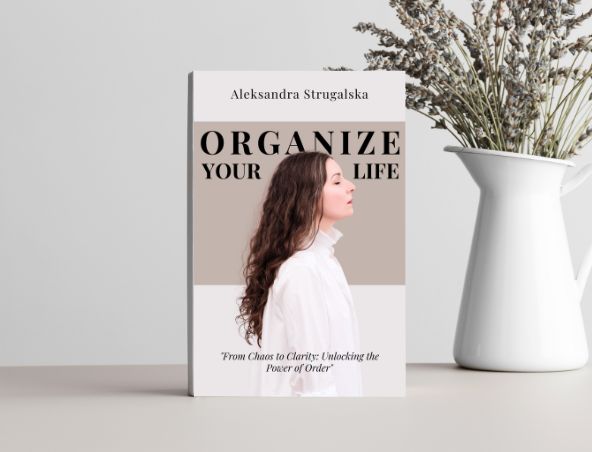
Organize your life.
The first publication in the Untold product series, created to share methodology for organizing everyday life, cultivating systematic discipline, and developing proper habits. Drawing from the author's experience, knowledge, beliefs, and commonly available coaching tools, she aims to inspire you to take action and present you with a straightforward approach to achieving fulfillment and building self-esteem. Written in a simple way, it contains examples from everyday life, practical tips, exercises, and beautiful graphics. Available in e-book and audiobook.

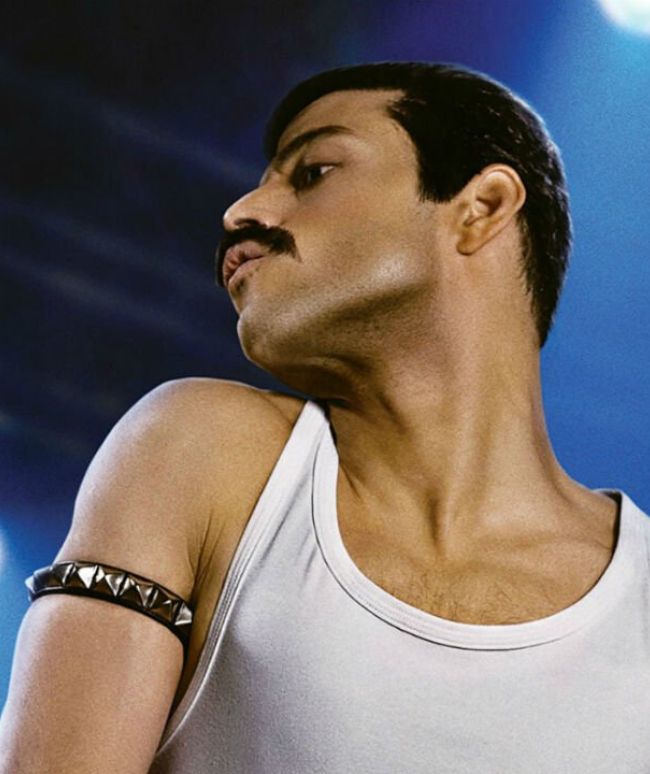
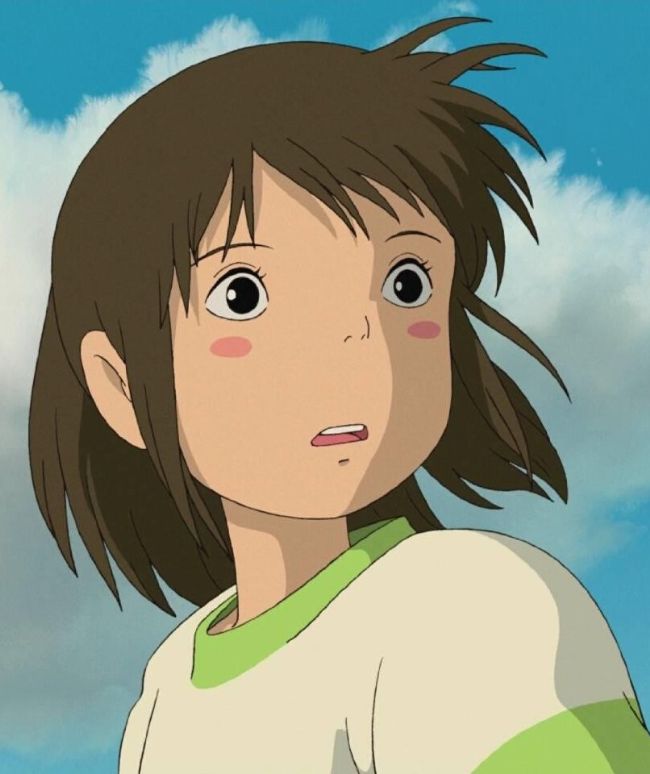

Leave a Reply